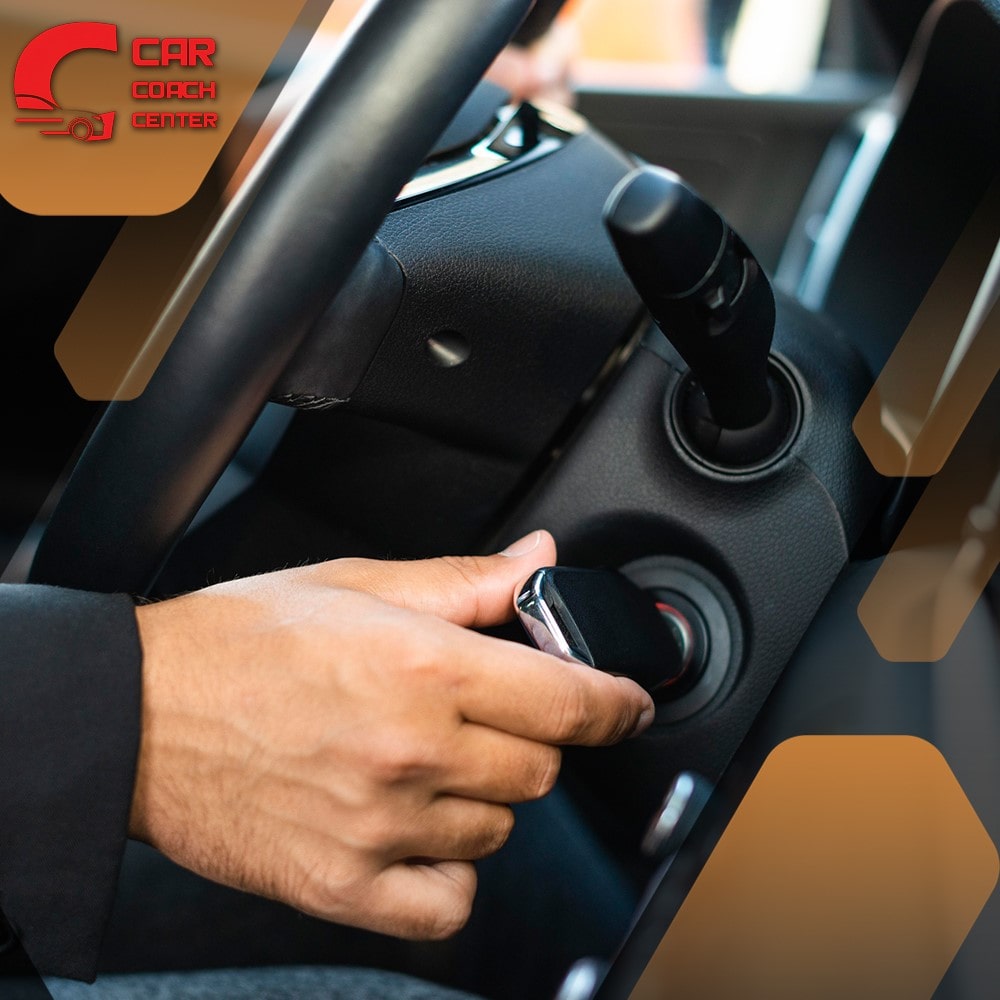Car Shudders When Starting: Causes, Fixes, and Prevention
One of the most frustrating issues a car owner can experience is when their vehicle shudders when starting. It’s a problem that not only affects the performance of the car but can also be a sign of more serious underlying issues. In this comprehensive guide, we’ll explore the possible causes of car shuddering, how to diagnose and fix the problem, and preventative measures to keep your car running smoothly. Let’s get started!
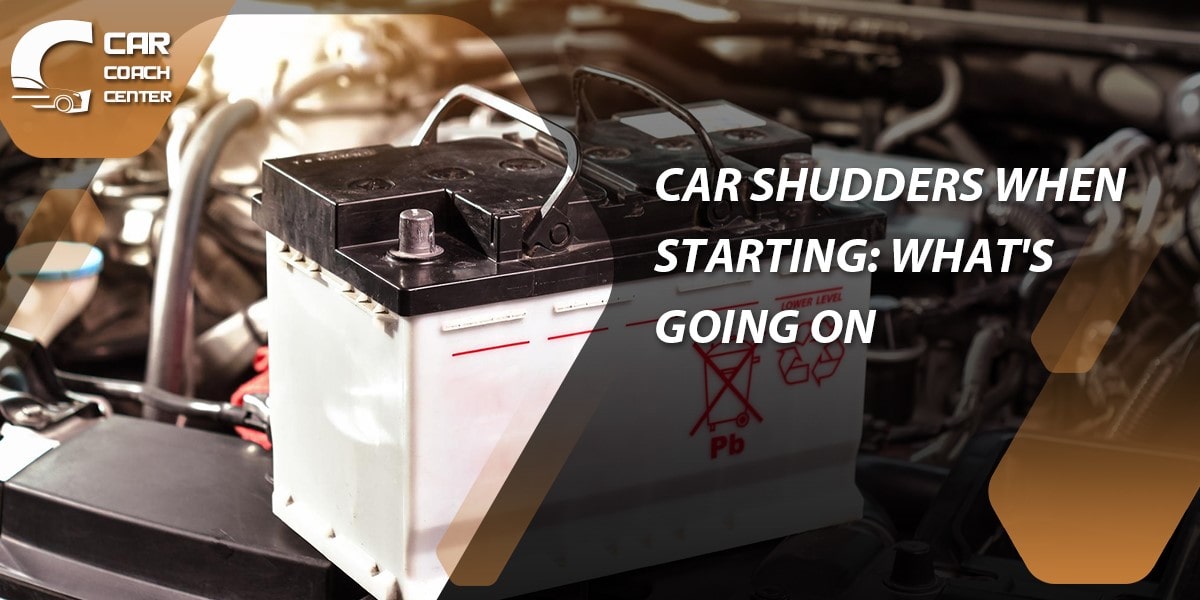
Car Shudders When Starting: What’s Going On?
The Importance of Smooth Starts
When you turn the key or press the ignition button, you expect your car to start without any hiccups. A smooth start is crucial for the overall health and performance of your vehicle. It ensures that the engine, transmission, and other components are functioning correctly, making your drive safer and more enjoyable.
Common Symptoms of Shuddering
Car shuddering when starting can manifest in various ways, including:
– A juddering sensation when the engine is turned on
– Difficulty accelerating from a complete stop
– Strange noises coming from the engine or transmission
– Unusual vibrations in the steering wheel or pedals
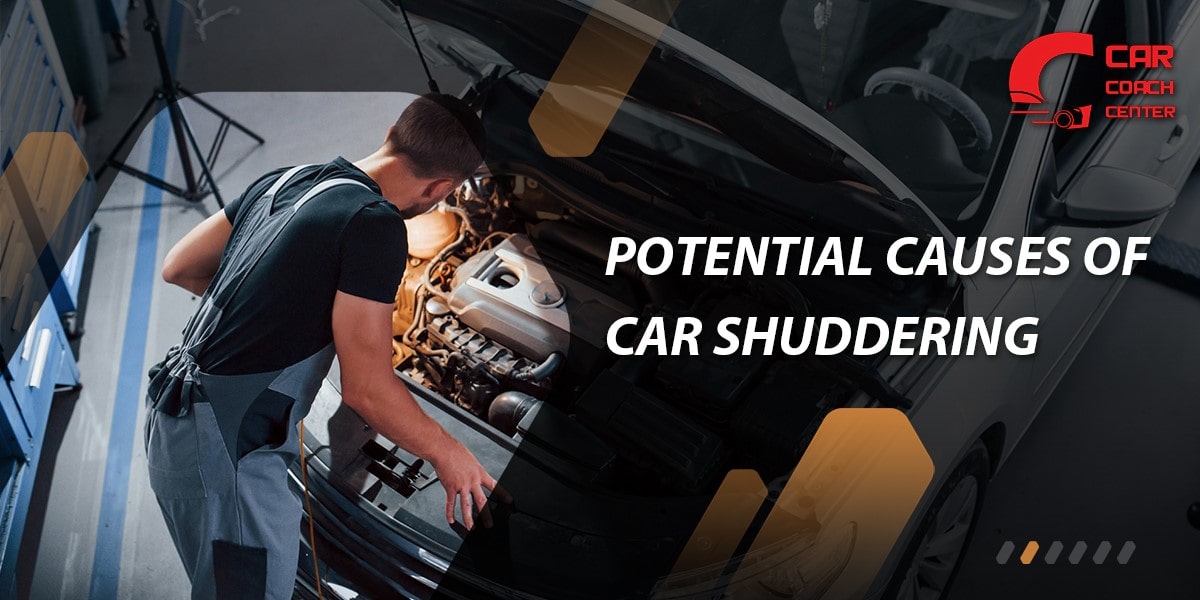
Potential Causes of Car Shuddering
Engine Issues
One of the primary reasons a car shudders when starting is an engine problem. This can be caused by a variety of factors, including:
- Poor compression due to worn or damaged piston rings, valves, or cylinders
- A failing or damaged crankshaft or camshaft
- Malfunctioning or dirty sensors, such as the mass air flow sensor or oxygen sensor
- Vacuum leaks in the intake manifold or vacuum hoses
Transmission Problems
Transmission issues can also cause shuddering when starting a car. Some common culprits include:
- Worn or damaged clutch components, particularly in manual transmissions
- A failing torque converter in automatic transmissions
- Low or contaminated transmission fluid levels
- Worn or damaged transmission mounts
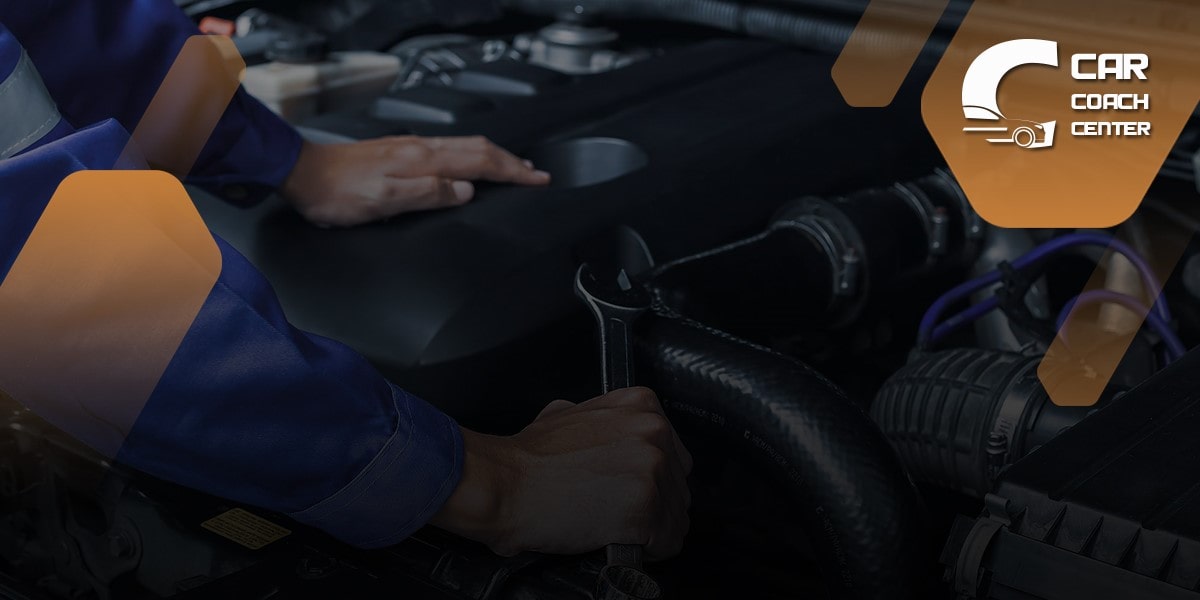
Fuel System Concerns
A car’s fuel system plays a vital role in its performance. If there’s a problem with the fuel system, it can lead to shuddering when starting. Some possible causes include:
- Clogged or dirty fuel injectors
- A failing fuel pump or fuel pressure regulator
- A dirty or clogged fuel filter
- Contaminated or poor-quality fuel
Ignition System Failures
A faulty ignition system can also cause a car to shudder when starting. Issues in the ignition system that may lead to shuddering include:
- Worn or damaged spark plugs or spark plug wires
- A failing ignition coil or distributor
- Faulty or dirty sensors, such as the crankshaft position sensor or camshaft position sensor
Exhaust System Complications
Finally, problems in the exhaust system can contribute to car shuddering when starting. Some potential issues include:
- A clogged or damaged catalytic converter
- Exhaust leaks in the manifold or pipes
- A malfunctioning or damaged oxygen sensor
Diagnosing the Problem: A Step-by-Step Guide
Visual Inspection
The first step in diagnosing the cause of car shuddering when starting is a visual inspection. Look for any visible signs of damage or wear on the engine, transmission, fuel system, ignition system, and exhaust system components.
Scanning for Error Codes
Use an OBD-II scanner to check for any stored error codes in your car’s computer. These codes can help pinpoint the problem and guide your diagnostic process.
Checking Individual Components
Once you’ve identified potential problem areas, you can perform more in-depth tests on individual components. This might involvetesting sensors, checking for vacuum leaks, or inspecting the condition of spark plugs and wires.
How to Fix Car Shuddering Issues
Engine Repairs
Depending on the root cause, fixing engine-related shuddering might involve:
- Replacing worn or damaged piston rings, valves, or cylinders
- Repairing or replacing a damaged crankshaft or camshaft
- Cleaning or replacing malfunctioning sensors
- Fixing vacuum leaks in the intake manifold or hoses
Transmission Maintenance
To address transmission-related shuddering, consider:
- Replacing worn clutch components in manual transmissions
- Repairing or replacing a failing torque converter in automatic transmissions
- Changing or topping up transmission fluid
- Replacing worn or damaged transmission mounts
Fuel System Solutions
Fixing fuel system-related shuddering may involve:
- Cleaning or replacing clogged fuel injectors
- Repairing or replacing a failing fuel pump or fuel pressure regulator
- Changing a dirty or clogged fuel filter
- Using high-quality fuel
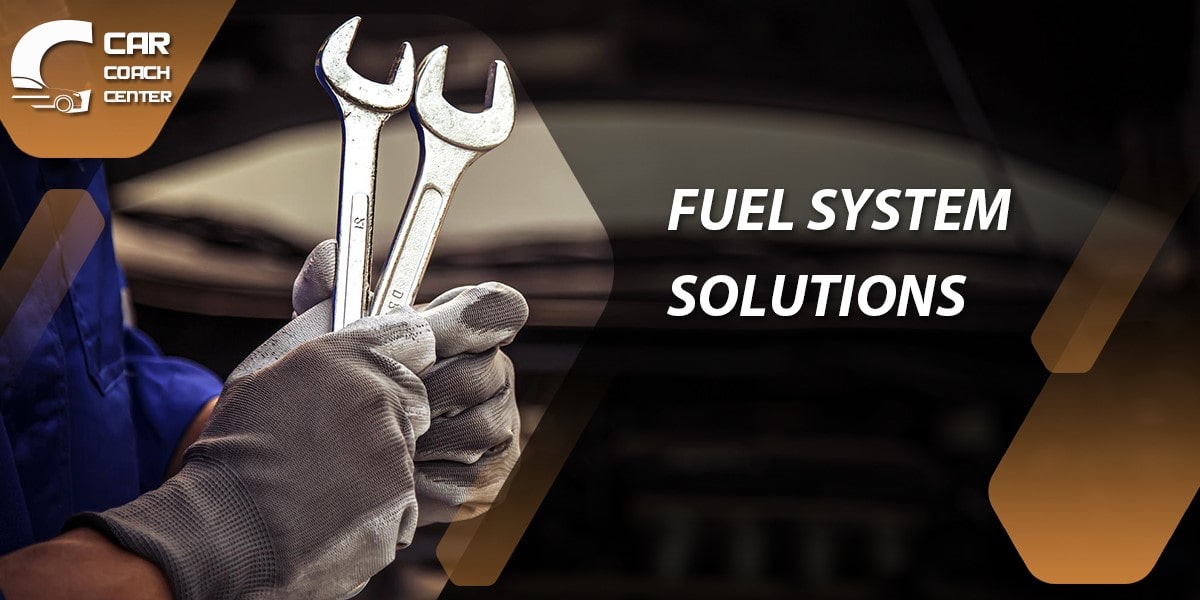
Ignition System Fixes
To resolve ignition system-related shuddering, consider:
- Replacing worn spark plugs and spark plug wires
- Repairing or replacing a failing ignition coil or distributor
- Cleaning or replacing faulty sensors
Exhaust System Repairs
Addressing exhaust system-related shuddering might involve:
- Repairing or replacing a clogged or damaged catalytic converter
- Fixing exhaust leaks in the manifold or pipes
- Replacing a malfunctioning or damaged oxygen sensor
Preventative Measures: Keeping Your Car Shudder-Free
Regular Maintenance
Scheduling routine maintenance for your vehicle is essential for preventing car shuddering issues. Regular oil changes, tune-ups, and inspections can help catch problems early and keep your car running smoothly.
Addressing Issues Early
Don’t ignore the warning signs of shuddering. Address any issues as soon as possible to prevent further damage and more costly repairs.
Quality Replacement Parts
When repairing or maintaining your vehicle, always use high-quality replacement parts. This ensures your car performs at its best and minimizes the risk of future problems
Conclusion
Car shuddering when starting can be a frustrating and potentially costly issue. By understanding the possible causes, knowing how to diagnose the problem, and taking the necessary steps to fix and prevent shuddering, you can keep your vehicle running smoothly and safely. If you’re unsure about diagnosing or repairing the issue yourself, always consult a professional mechanic for assistance.
Read our comprehensive guide on CarCouchCenter.com to ensure your vehicle’s safety and optimal performance.
What are the common causes of a car shuddering when accelerating uphill?
There are several possible reasons a car might shudder when accelerating uphill: 1. Worn or damaged spark plugs 2. Transmission issues 3. Faulty fuel system 4. Engine misfires 5. Damaged or worn suspension components
What can you do to diagnose and fix the car shuddering issue when accelerating uphill?
To diagnose and fix the issue, follow these steps: 1. Inspect and replace spark plugs 2. Check the transmission 3. Inspect the fuel system 4. Diagnose engine misfires 5. Assess the suspension
How can you prevent car shuddering issues when accelerating uphill in the future?
To help prevent car shuddering issues when accelerating uphill, follow these maintenance tips: 1. Regularly replace spark plugs 2. Maintain the transmission 3. Keep the fuel system clean 4. Perform routine engine maintenance 5. Inspect and maintain the suspension

